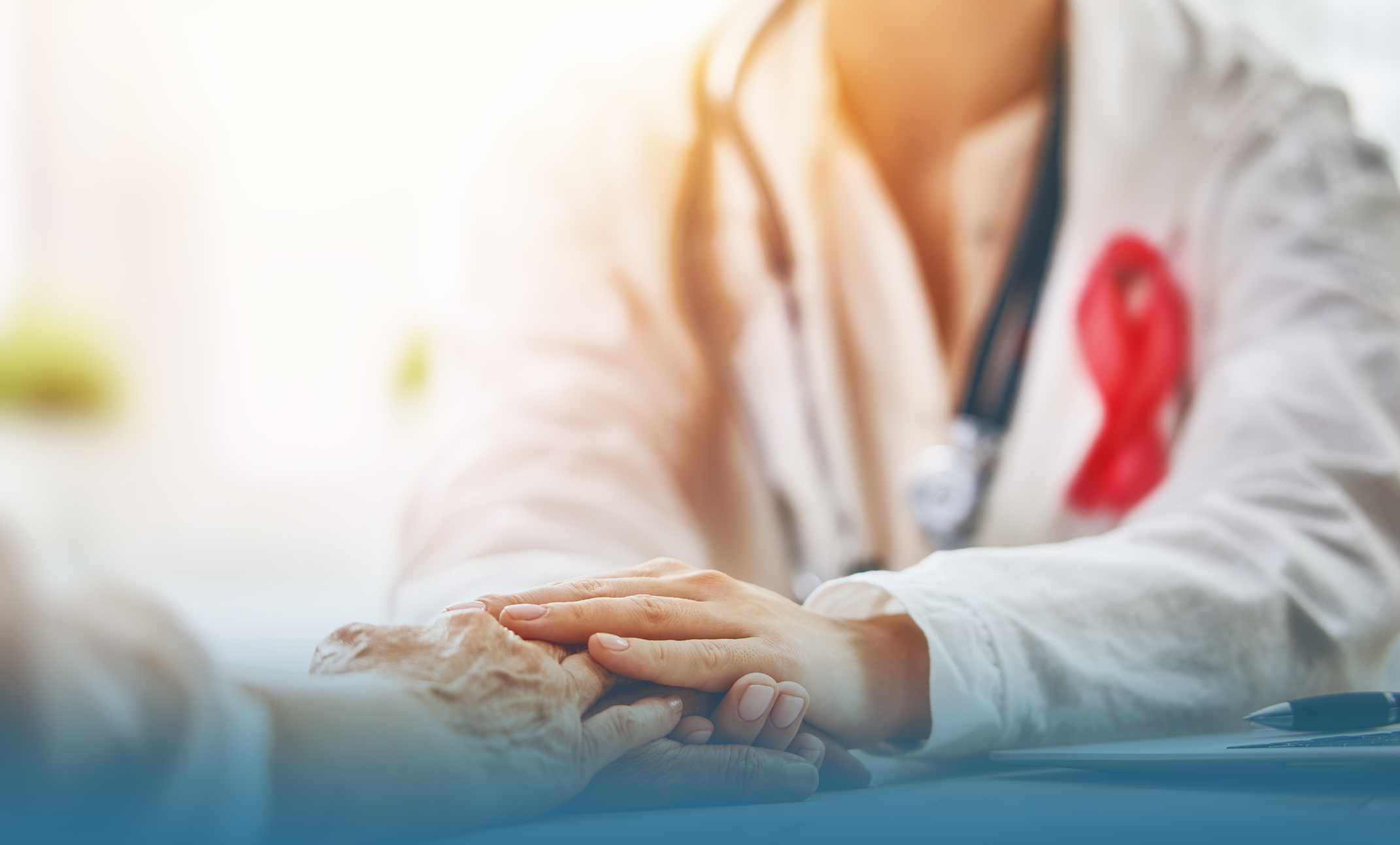One of the many definitions of Resilience – ‘Resilience is characterized by the ability to bounce back from negative emotional experiences (also to grow from), by flexible adaptation to the changing demands of stressful experiences.’
There are several reasons as to why we need to address the theme of ‘resilience in cancer care’. First, we need to honor those making positive strides despite a terminal/ non-terminal cancer diagnosis. How do they do it? What sets them apart? These are questions we need to ask and continue to explore further. Second, this field of knowledge would undoubtedly benefit the countless number of lives struggling to come to terms not only with a cancer diagnosis but with it’s accompanying scary and tangled web of treatment modalities. And the final reason (but not the last) being that stress is an inevitable experience in cancer care and is known to negatively impact cancer treatment outcomes, however, borrowing the famous statement from a cancer poem – ‘Cancer Is So Limited!’, and so is stress. It’s limited too. As in, there’s more the human spirit is capable of coping with, whilst facing potentially life threatening and traumatic disease conditions/ life events. The science of stress research backs this up with sufficient evidence and boosting one’s capacity for resilience is only a part of it.
What naturally happens when one is slapped with a cancer diagnosis is stress reaction of the body that manifests and renders an individual vulnerable to compromised immune functioning (physically) as well as to poor emotional and mental health, such as, distress, fearfulness, anxiety, depression, enforced dependency, fatigue, body image issues and so on, to name just a few. It’s a given that this is the usual expected pathway for someone navigating a cancer journey, yet, there is increasing evidence that also points to the fact that positive life changes also do occur, much rather as an unexpected pathway in the cancer journey.
No matter what the specific cancer diagnosis is, many cancer patients are able to withstand such chronic stressful experiences with minimal-no effect on their daily functioning, experiencing even positive personal, emotional and spiritual growth. This is far more common than often believed.
The most important point to touch upon here is that for cancer patients, there are multiple pathways that can help them to get to resilience. This is truly an empowering piece of cancer research literature. That apart from biological factors, individuals’ personal factors (e.g., self-efficacy, optimism, meaning making, hope etc.) and other environmental factors, particularly social support, collectively account to their resilience process and positive psychological adaptations to the cancer experience.
As already obvious though, we cannot talk about resilience, without first talking about the needs of cancer patients. Every such unique need of the individual must be detected, acknowledged, understood, and attended to. Without this base process in place, one simply can’t get to resilience. Because remember, resilience and growth does not occur in the absence of adversities, but despite the adversity. Each and every one of us can do our bit to promote this process of resilience in any suffering individual. It’s a possibility now, more than ever before!





